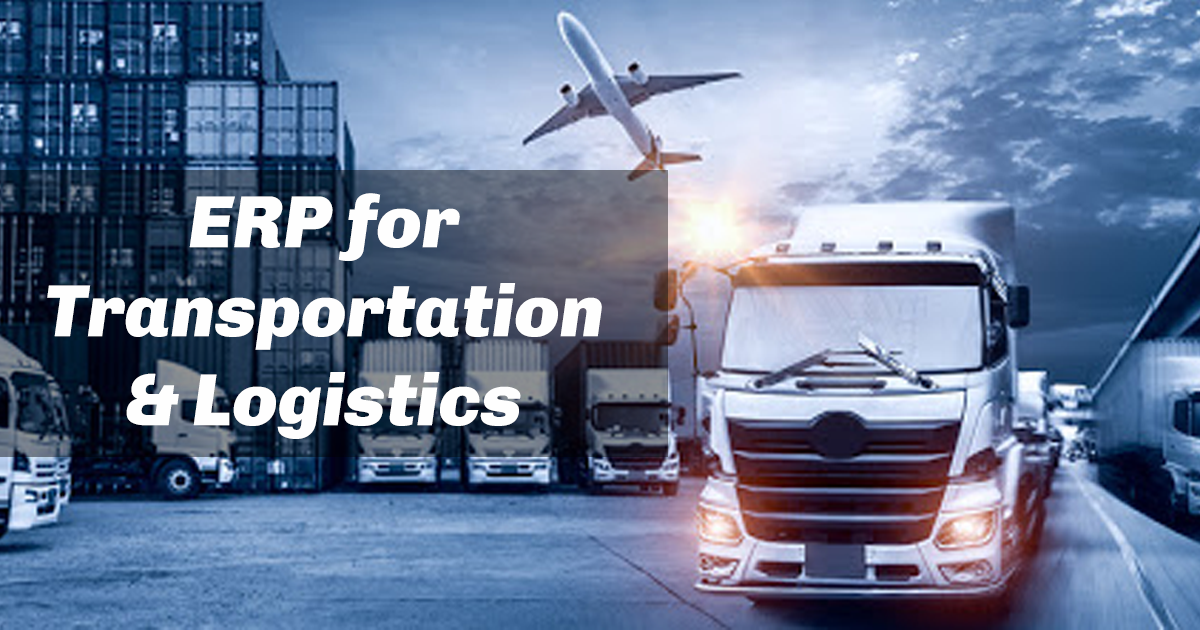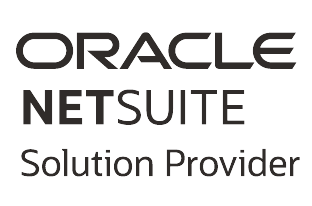The Transport industry is quite competitive in nature. The operational cost, goods tracking & management, Valuable assets such as vehicle management makes the ongoing operations very tedious. In the early phase of the business, these challenges can be managed on the ground level, but when the business starts growing the mutual co-ordination and the scheduling starts hampering.
Thanks to the ERP (Enterprise Resource Planning), all these challenges can be taken care of through the centralized system. The ERP system integrates all the business segments into a single platform so that the business management can get deep insights into their businesses. You can refer to 'What is ERP?' article for more detail.
Challenges of Current Transport Companies :
Due to the revolution in technology, the demand of today’s consumer has increased. The expectation in the quick delivery with real-time tracking has created awareness in the end customers. Also, the E-commerce market boom has changed the face of the traditional transportation system. The timeless demands have put the logistics companies to build the strategies to fulfill the growing demand. The geographical barriers have been limited so that the need for the multi-location expansion has become the need of an hour.

Role of ERP System :
- To fulfill the needs of the discrete logistics companies, the ERP system is helping the organizations in managing their vendor and the consumer portals. So that the real-time tracking of the goods has become easier than before.
- Since the vehicles are the assets of any transportation company, the assessment of the vehicles such as the tracking, periodic maintenance, drivers’ details, and cross-border documentation can be possible using an ERP system.
- Managing the inventory is quite essential and is the important segment for the freight firms, as moving the perishable and the non-perishable goods along with their right costs are not-possible without an ERP application. The ERP system gives the current status of the inventory, which helps the companies in building strategies while executing transportation.
- The ERP stimulates the communication between the wholesalers, distributors, and retailers by automating the supply chain by directing the drivers with the essentials information such as traffic details & approximate timing for the delivery.
- Managing the working hours of the drivers, the resting timings, shifts details along with the wages can be monitored with the help of ERP and this is crucial for any of the transportation companies.
- The Global Expansion, tightening of margins (In case of Freight Forwarders), and minimizing operational cost and inefficiencies (In case of 3PLs) is easier with the help of ERP Systems.
Benefits of Cloud ERP Systems :
The limitation of the on-premise ERP applications such as scalability and flexibility has been eliminated with the Cloud ERP platforms. The logistic companies have become potent enough to fulfill the need of the rising E-Commerce demand, with the help of Cloud ERP systems due to their forecasting capabilities.
The Oracle NetSuite Cloud ERP, which is also known as the First Cloud ERP platform in the world, is helping thousands of companies around the world in multiplying their profitability. The rich ERP features such as Inventory Tracking & Management, Distribution Management, and Workforce Management along with the Assets Management helps the decision-makers in building the right strategies for the transportation of the goods and services.
To understand how ERP can help in growing your Transport & Logistics Businesses, feel free to reach us at :
Website: https://saturotech.com/
Email ID: sales@saturotech.com
Phone Number: 020-711-796-33 (& press 2)
You may also be interested in reading this :





